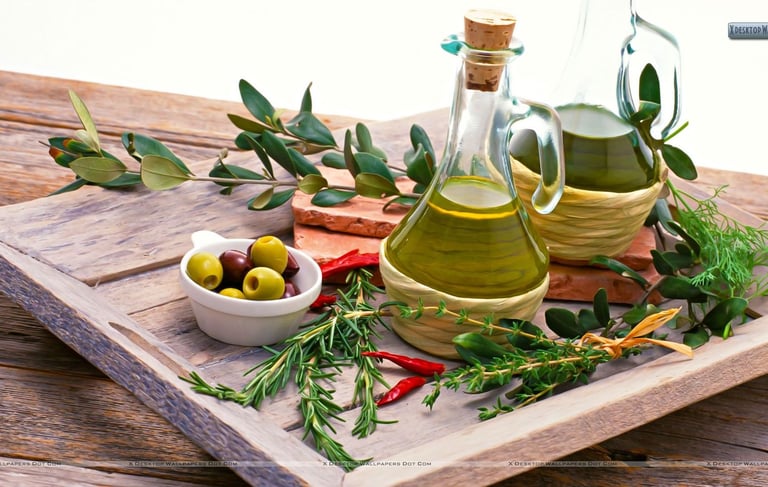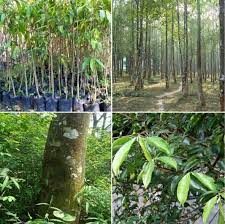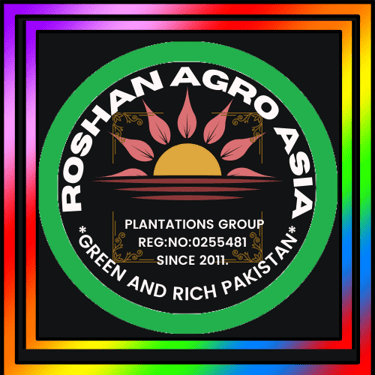Disclaimer: The official launch of Roshan Agro Asia is contingent upon approval from relevant government authorities. This website is provided for informational purposes only and does not constitute marketing or an offer to sell.
Our projects
Invest In Liquid Gold
It is one of the most desirable and expensive perfume ingredients in the world, giving it the nickname "liquid gold”
Agarwood is an extremely valuable resinous heartwood extracted from the stems of Aquilaria and Gyrinops trees which are mostly native to Southeast Asia. The procedure involves a physical contamination of a wounded part of the tree where a certain fungi will attack the cells of the stem which will lead to the production of harvest. Agarwood is formed as an antibody to fight against the fungi and this is a unique characteristic of Aquilaria and Gyrinops trees.
Agarwood formation can result both through natural and human-induced ways. While the natural formation has almost become extinct, mankind has found an alternative method that involves fungi inoculation. By injecting the fungi to the tree trunk Agarwood can be formed and the quality of the Agarwood heavily depends on the quality of the inoculation. However, it is common knowledge that no inoculation method can reach the quality of naturally formed Agarwood also known as wild Oud. The natural formation can happen when the tree is struck by lightning or damaged by animal scraping, triggering the antibody inside the stem of the tree.
Gyrinops Walla locally known as “Wallapatta” is a unique species of Agarwood that is indigenous to Sri Lanka. It is stated that travelers such as Ibn Batuta took this species of Agarwood to the Arabian Oud market centuries ago.
Agarwood is identified as one of the most expensive and valued trees in the world due its multipurpose characteristics. From the root to its leaves Agarwood can be utilized in various industries such as Pharmaceutical, Cosmetic, Tea, Perfumery and Aromatherapy. It consists of many medically valuable contents, some even capable of treating breast cancer. Oud oil is used to manufacture essential oil, perfumes, shampoos, soaps, creams, scrubs, lipsticks and incense sticks.



OLIVE PLANTATIONS
The olive (Olea europaea) is actually a species of small tree or shrub in the family Oleaceae, which is found traditionally in the Mediterranean Basin. When in shrub form, it is known as Olea europaea ‘Montra‘, dwarf olive, or little olive.
Commercial olive farming is done and very popular in all the countries of the Mediterranean, and also in New Zealand, Australia, South Africa and in both North and South America.
Olive (olive fruit) is a very important agricultural crop in the Mediterranean region as the source of olive oil. And olive oil is one of the core ingredients in Mediterranean cuisine. The tree and its fruit give their name to the plant family, which also includes species such as lilac, jasmine, forsythia, and the true ash tree.[1]
Currently there are numerous cultivars of the olive tree available throughout the world. And these cultivars may be used mainly for oil production, eating or for both.
The olive cultivated for direct consumption purpose are generally referred to as ‘table olives’. About only 10% of the harvested olives are used as table olives, while about 90% are turned into oil.
Olives are actually one of the most extensively cultivated fruit crops in the world. And most of these commercial operation is done mainly for olive oil production purpose.


SANDAL PLANTATION
Sandalwood was once considered as the primary source of Mysore state economy where the entire budget was planned based on sandalwood.
Although pAKISTAN has been known for its sandalwood production for decades, it was largely confined to the forests of South Indian states and the plantations of these state governments. But, a policy change by these governments in 2002 allowed people to grow sandalwood. The Karnataka State Forest Department has liberalized the regulations related to sandalwood cultivation to ensure that there is no shortage of sandalwood in the coming future. As per the proposed amendment to the Karnataka Tree Act 1927, the forest department allows individuals to freely grow and own sandalwood trees.












